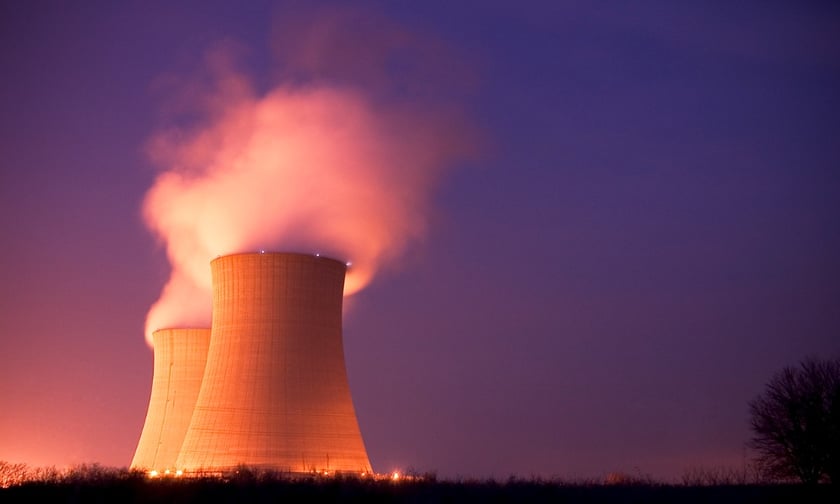

The Institute for Energy Economics and Financial Analysis (IEEFA) raised significant concerns over the Australian opposition Coalition’s proposal to build seven nuclear power plants if elected.
According to Johanna Bowyer, lead analyst for Australian electricity at IEEFA, nuclear power is considerably more expensive than renewable energy combined with storage, would take much longer to build than expected, and would face substantial compatibility issues with a solar-heavy electricity grid.
“Research by IEEFA calls into question whether nuclear makes financial sense for Australia, for a multitude of reasons including cost, timing, compatibility with renewables, and other financial questions,” Bowyer said.
The analysis highlights that nuclear power is substantially more costly than renewables plus storage, with large-scale conventional nuclear reactors estimated to be 1.5 to two times more expensive and small modular reactors (SMRs) about four times more costly.
IEEFA's findings indicate that nuclear plants frequently exceed budget estimates. For example, SMRs in operation or under construction have been found to cost three to seven times more than initially planned, and proposed SMRs in the US have seen cost estimates increase by two to four times in recent years. Additionally, large-scale reactors are prone to cost overruns.
Bowyer also pointed out that the Coalition's suggestion to extend coal power plant closure dates and rely on gas power until nuclear plants are ready would further escalate costs, given that gas power is currently one of the highest-cost technologies in the electricity market.
“The Coalition’s nuclear proposal could cost Australia hundreds of billions of dollars,” Bowyer said.
In terms of project timing, Bowyer said that nuclear power plants take a very long time to build. The Coalition's projection of having nuclear power plants online by 2035 is deemed unrealistic due to the significant time required to develop a regulatory regime, planning, contracting, and pre-construction works. Existing SMRs around the world took over 12 years to build despite initial schedules of three to four years, and most recent large reactor projects in the US and Europe have taken 10 years or longer.
The proposal also suggests operating nuclear power alongside rooftop solar, but Bowyer noted that the financial viability of nuclear power plants diminishes when they need to reduce output to accommodate solar energy, raising significant questions about this approach. Additionally, unresolved financial issues such as the cost of decommissioning reactors, strategies and costs for nuclear waste disposal, and liability for nuclear accidents add considerable uncertainty and risk to the proposal.
“These questions add a lot of uncertainty and risk to the proposal,” Bowyer said.
